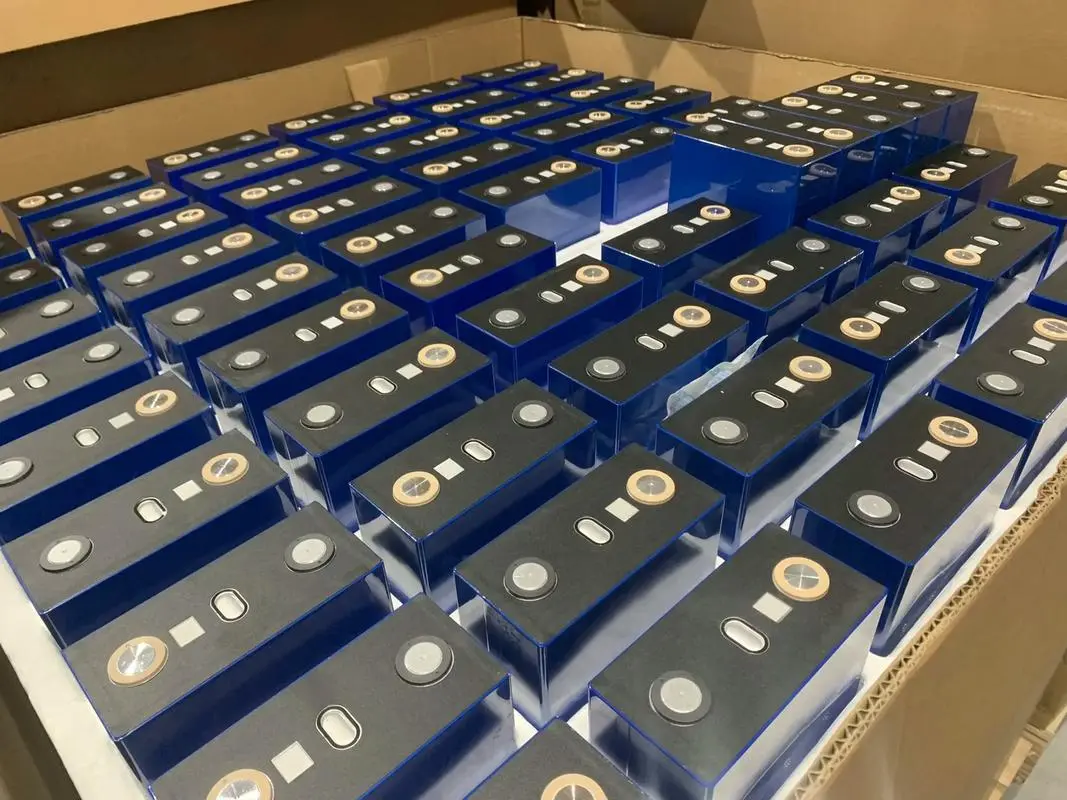Recently, at the “Symposium on Automotive Technology Innovation and Policy Recommendations in the Era of Power Diversification,” Ouyang Minggao, an academician of the Chinese Academy of Sciences and vice chairman of my country Electric Vehicle Association of 100, said that the return of lithium iron phosphate batteries is a significant trend. “Blade battery,” the future is CTV; that is, the battery is directly combined with the car body.
Lithium iron phosphate batteries have returned strongly in recent years, and output and installed capacity have risen rapidly. According to my country Automotive Power Lithium-ion Battery Industry Innovation Alliance August 2021 Power Lithium-ion Battery Report: In terms of battery output, the output of lithium iron phosphate batteries is 11.1GWh, accounting for 56.9% of the total production; the production of ternary batteries is 8.4GWh, accounting for the total output is 42.9%, and the production of lithium iron phosphate is 1.32 times that of ternary batteries. In terms of loading, lithium iron phosphate was installed at 7.2GWh, an increase of 24.4% month-on-month; the ternary battery installed at 5.3GWh, decreased by 2.1% from the previous month, and the loading of lithium iron phosphate was 1.36 times that of ternary lithium-ion batteries. In August, in terms of overall output, vehicle loading, or the rate of increase year-on-year and month-on-month, lithium iron phosphate was significantly higher than that of ternary lithium-ion batteries. This is the first time my country’s lithium iron phosphate output has surpassed in a single month in the past three years after the production in May. The loading in July and the advantage of the ternary lithium-ion battery have been further expanded.
The output of lithium iron phosphate batteries exceeds that of ternary batteries for the first time, which has a lot to do with blade batteries. BYD has launched lithium iron phosphate blade batteries since March 2020, and the market has ushered in an explosive rise. BYD’s new energy vehicles sold 33,000 in May, 41,000 in June, 50,000 in July, and 60,000 in August.
Forward-looking analysis believes that in May 2021, the monthly output of lithium iron phosphate batteries exceeded the ternary battery for the first time. The reasons are as follows: First, lithium iron phosphate batteries; second, the endurance of lithium iron phosphate batteries has been improved. It can meet the mileage requirements of consumers; third, the fire incident of new energy vehicles caused by the safety of ternary batteries makes automobile manufacturers more willing to choose lithium iron phosphate batteries with better safety performance. Multiple factors make lithium iron phosphate batteries more practical. The demand is accelerating.
At the same time, forward-looking believes that lithium iron phosphate batteries have the advantage of lower battery costs because lithium iron phosphate uses iron. In contrast, ternary batteries use cobalt and nickel. My country’s cobalt production is low and heavily dependent on imports. Since 2020, the average spot price of cobalt has risen from less than 250,000 yuan/ton to 402,000 yuan/ton, making the cost of ternary batteries also rising.
At present, the mainstream price of power-type lithium iron phosphate on the market is 46,000-50,000 yuan/ton, which is much lower than the price of cobalt. In addition, in recent years, the country’s subsidies for new energy vehicles have gradually declined. The cost advantage is even more prominent.
In addition to cost advantages, the safety advantages of lithium iron phosphate batteries are gradually highlighted in the frequent fire accidents and recall of ternary battery vehicles. Since ternary lithium-ion battery vehicles have become the mainstream of electric cars, spontaneous combustion accidents of electric vehicles have emerged one after another. In February 2021, Hyundai Motor and LG Chem launched the largest recall in the new energy field because of cars supplied by LG Chem with ternary batteries. Fire incident. In 2021, more than 40,000 new energy vehicles equipped with ternary batteries in my country will be recalled due to battery safety issues.
As the safety issues of ternary batteries have been pushed to the forefront, lithium iron phosphate batteries represented by BYD’s blade batteries have had technological breakthroughs in mileage, which has made more car companies favor lithium iron phosphate batteries. In summary, under the multiple factors of cost advantage, safety, and technological breakthroughs of lithium iron phosphate batteries, the demand for lithium iron phosphate batteries has accelerated so that the monthly output of lithium iron phosphate batteries in May 2021 will exceed for the first time. Ternary battery.
With the launch of BYD’s e-platform 3.0 on September 8, the advantages of lithium iron phosphate batteries have been further expanded. It is reported that the maximum range of this series exceeds 1,000 kilometers, the vehicle can be charged for 5 minutes, and the full range is 150 kilometers. At the same time, it can work in a wide temperature range from -30℃ to 60℃, and the low-temperature cruising range is increased by up to 20%. Industry insiders believe that with the deepening of the integration of batteries and bodywork, lithium iron phosphate batteries represented by blade batteries will gain a more significant market share.
Ouyang Minggao said that due to the decline in the cruising range of lithium iron phosphate batteries in winter, ternary lithium batteries also have a market. The final product on the market will be a combination of ternary batteries and lithium iron phosphate batteries. In the energy supplement market, Ouyang Minggao suggests adopting the model of “fast charging and slow charging.”
